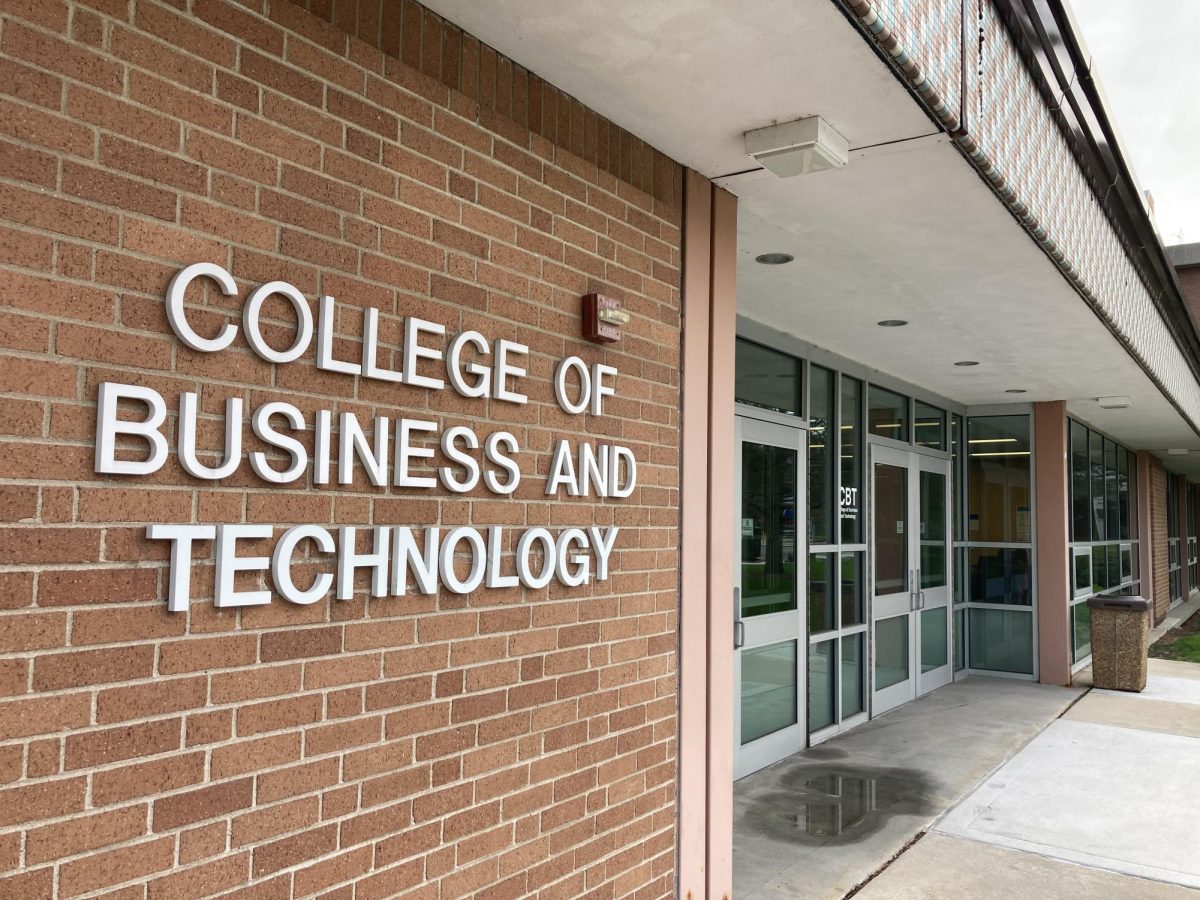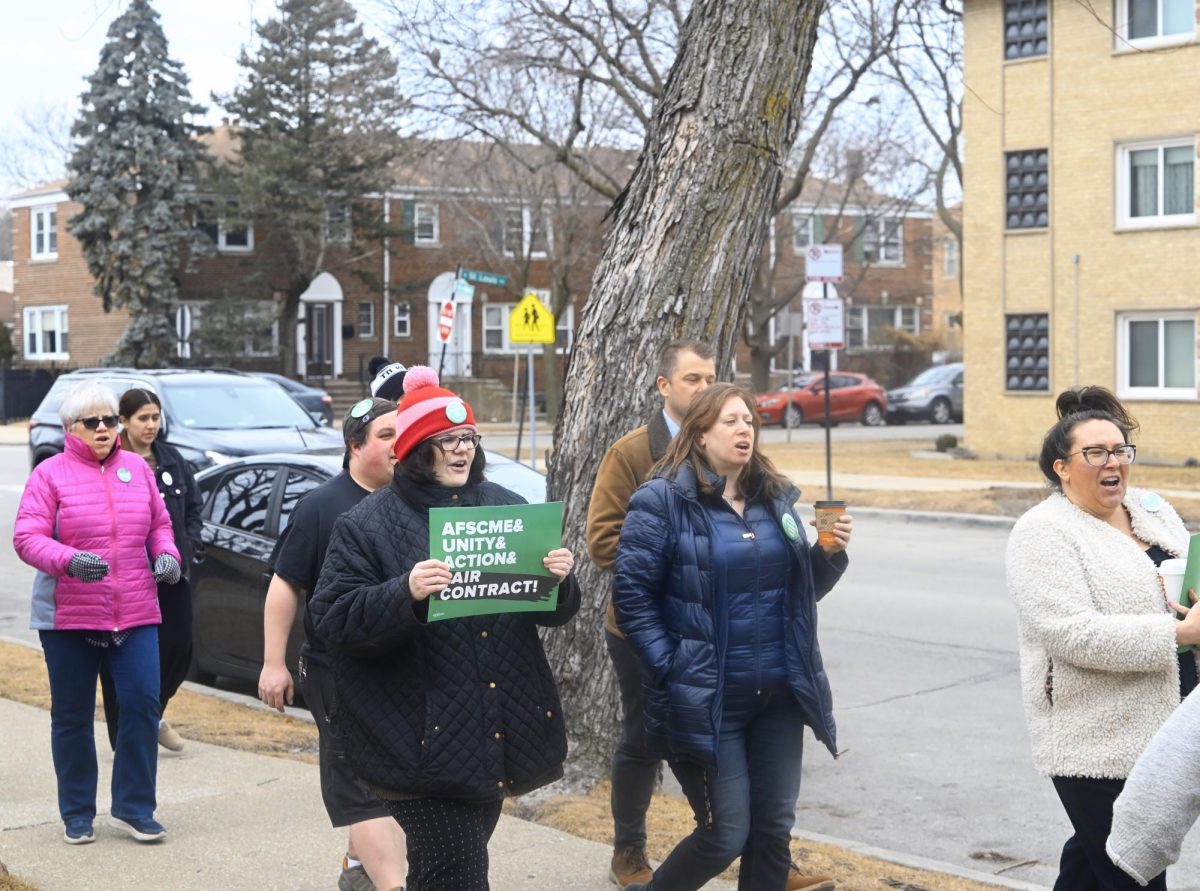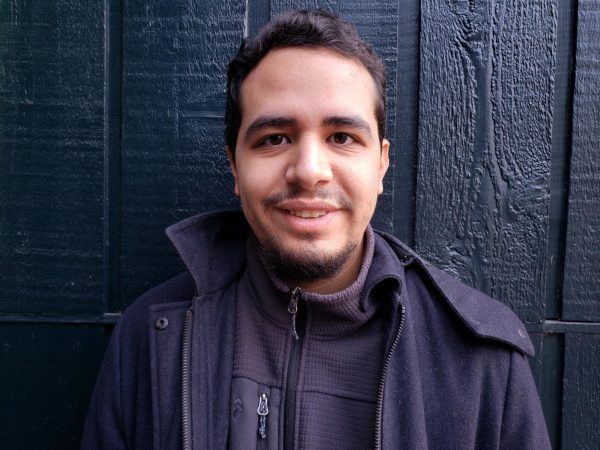On March 15, 2018, Gloria J. Gibson was appointed to become the seventh president of Northeastern Illinois University (NEIU) by its Board of Trustees. Gibson was sworn in as president three months later on June 1, 2018.
For NEIU, this was a new beginning from the brief, yet tumultuous tenure of then-Interim President, Richard J. Helldobler, whose tenure as Interim President saw 180 full-time NEIU employees laid off amid a severe budget crisis.
NEIU’s Board of Trustees appointed Gibson to be the antidote for Helldobler. Helldobler continues to oversee budget cuts and layoffs as President of William Paterson University in Wayne, New Jersey.
Gibson, an East St. Louis, IL native, earned a bachelor’s and master’s degree in music education from Southern Illinois University as well as a P.H.D. in Folklore from Indiana University (IU)
In the 1990s, Gibson served as an associate professor at IU in multiple departments, including Afro-American Studies, Communications and Culture, and Folklore. She also served as Associate Vice Chancellor for the Office of Multicultural Affairs as well as the Director of the Archives of Traditional Music.
Gibson became the dean of the College of Humanities and Social Science at Arkansas State University in 2004. Then, in 2009, Gibson became the Executive Vice President and Provost of the University of Northern Iowa (UNI), also serving as a tenured professor in the Department of Communication Studies.
What is conveniently excluded in Gibson’s NEIU bio is how her time as Provost at UNI came to an end.
On March 12, 2012, UNI faculty passed a vote of no confidence against Gibson in a 172-69 vote with nine abstentions and one spoiled ballot. This came shortly after UNI’s student body president at the time, Spencer Walrath, penned an op-ed for their newspaper, The Northern Iowan, to express displeasure and uncertainty about the future of student programs that were at risk of being cut under Gibson’s leadership.
Some at UNI refer to Gibson’s tenure as Provost as “The Dark Ages.” Gibson’s tenure was marred by budget cuts, almost immediately after being appointed. Without consulting faculty, Gibson signed off on cutting academic programs and closing their Price Lab, originally built in 1950. Gibson resigned as Provost on June 30, 2014.
In 2015, Gibson searched for a fresh start, moving to Baltimore to serve as Senior Vice President and Provost of Morgan State University.
Three years later, Gibson found herself at NEIU, appointed as President by the Board of Trustees.
Gibson’s tenure as President of NEIU, similar to her tenure as Provost of UNI, was shrouded in controversy from concerns surrounding Gibson’s handling of the Human Resources Department, enrollment decline, demands from University Professionals of Illinois regarding increased workloads, faculty and student protests, the continued vacancy of Bryn Mawr buildings, the continued pool closure, and nearly avoiding a strike this year that would have put classes to a halt and shut down NEIU completely.
In November 2022, these controversies surrounding President Gibson culminated in NEIU’s Faculty Assembly delivering a vote of no confidence in her leadership in a 224-29 (89%) vote, the second vote of no confidence in Gibson’s career.
Gibson allegedly held NEIU’s Faculty Assembly “individually responsible” for the vote. Gibson also allegedly blamed Faculty Senate president Dr. Nancy Wrinkle for failing to speak out against anti-Gibson signs placed on faculty’s doors during the ongoing vote.
Nine years to the day Gloria Gibson resigned as Provost of UNI amid a storm of controversy, she stepped down as President of NEIU, once again, amid a storm of controversy.
During a retirement party held for Gibson on June 15, she jokingly said, “I think, for the first time in a long time, I will be able, after June 30, to just… sleep.”
A presidency that began as the supposed antidote to the Hahs and Helldobler eras ends with a new Interim President, Dr. Katrina Bell-Jordan, as the supposed antidote to the Gibson era.
For some at NEIU, June 30 marks the end of a five-year chapter.
For others at NEIU, June 30 marks a new beginning from the university’s own Dark Ages.








Dominique • Jan 22, 2024 at 3:45 pm
I am doing research on Black women in academia and I was looking to find my previous impactful professors. I am a 1998 graduate of Indiana University. Dr. Gibson was one of my wonderful professors. She planted a seed in me that grew into a wonderful fulfilling career. I remember her taking the time to talk with each student individually as she returned our graded final papers. She handed me my paper and asked me if I’d ever considered going to graduate school. The thought had never occurred to me. I excelled at Indiana University yet I had not imagined myself pursuing an advanced degree, until that moment, when she expressed the belief that I was capable of such. Not only did I pursue and obtain an advanced degree but I went on to do a post graduate fellowship at Yale University. I am now a clinical social worker in private practice. I love my career and I’m good at it. If you are reading this, I would like to invite you to listen to NPRs Jan. 21st, 2024 Weekend Edition interview, Black Women in Academia Face Unique Challenges on the Job. Black women who work their way up to leadership roles are often not supported and even sabotaged because environments like higher education institutions don’t believe we belong there in professor and administrative leadership roles. The Professor Gibson I remember was kind, smart, encouraging, and supportive. I wish Black women were offered the degree of support we give to others. I hope wherever Professor Gibson is, she is sleeping well and full of joy, inner peace, hope for the future, and is being loved and cared for in community.
L. Darnell James • Nov 29, 2024 at 7:50 am
I graduated from Northeastern in 1975 and subsequently completed doctoral studies at the University of Illinois. My hope is those in board leadership positions hear your words. Too often academic leaders of color are systemically undermined, either by previous years of financial mismanagement, bloated faculty positions, underperforming academic tracks, and often racism. It only takes a few faculty to undermine academic leaders to generate a vote of no confidence. Rather than resist Boards often acquiescence and turn to new leaders. The fact of NEIU escaping the COVID area relatively intact is remarkable. But credit for that success is no where on the horizon. Leading institutions is hard work, especially when a few can steamroll Boards to take the path of least resistance.